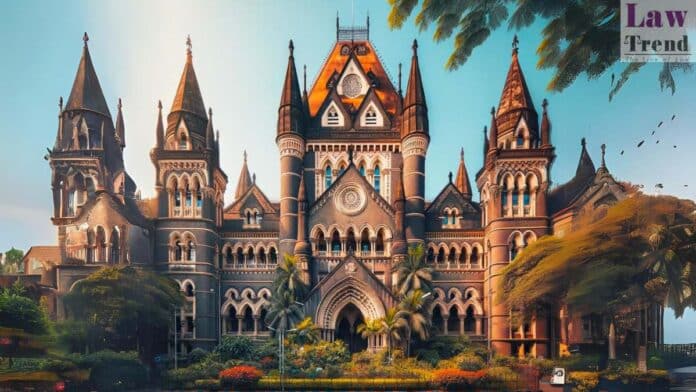The Bombay High Court, in a ruling by Justice A.S. Gadkari and Justice Dr. Neela Gokhale, has determined that the mere presence of a customer watching an obscene dance in a bar does not constitute an offense under Section 294 of the Indian Penal Code (IPC). The judgment quashed criminal proceedings against a customer accused
To Read More Please Subscribe to VIP Membership for Unlimited Access to All the Articles, Download Available Copies of Judgments/Order, Acess to Central/State Bare Acts, Advertisement Free Content, Access to More than 4000 Legal Drafts( Readymade Editable Formats of Suits, Petitions, Writs, Legal Notices, Divorce Petitions, 138 Notices, Bail Applications etc.) in Hindi and English.




